Is Life Hard in Norway?
A friendly, data-rich guide to what’s easy, what’s tricky, and how to thrive in the Land of the Midnight Sun—without losing your cool (or your wool socks).
Key Takeaways
- Short answer: Daily life is generally easy in Norway thanks to a strong safety net, excellent public services, and high wages. Social integration can be the tricky part—cracking the “unwritten code” takes time and tact.
- The “Norwegian code”: Expect high trust, low drama, and quiet competence. Boasting is frowned upon (hello, Janteloven), punctuality is love, and nature is a shared religion.
- Your fast-lane into community: Join DNT hikes, learn Norwegian idioms, and say yes to dugnad (community work days). That trio opens doors—politely.
- Work & rights: Normal working hours are capped by law at 9/day and 40/week, with many workplaces agreeing to 37.5 by contract or bargaining; vacation is at least 25 working days (≈4 weeks + 1 day), extra for 60+; sick-days allow limited self-certification; and parental leave is famously generous (49 weeks at 100% pay or 59 at 80%).
- Safety & stability: Low corruption, very high English proficiency, and low violent crime by international standards—but don’t wander outside settlements on Svalbard without polar-bear protection.
The Simple-But-Subtle Reality
Norway is simple in the best ways—clean cities, punctual buses, sturdy houses, consistent rules, lakes so clear you can count the pebbles. The subtle part is the social dance: people are kind, but privacy is precious and humility is the house style. If you’re used to loud “networking,” dial it down and let your work speak. Respect the line, respect the silence, respect the mountain.
If you accept the code, Norway feels effortless; if you fight it, the invisible fences can feel tall.
What Norway Makes Easy vs. What Can Feel Hard
| Everyday Topic | What’s Easy | What Can Feel Hard |
|---|---|---|
| Money & basics | Living standards are high; wages are strong; consumer protection is robust. | Prices can sting (imported goods, eating out). Budgeting matters. |
| Health & care | Heavily subsidized healthcare with an annual out-of-pocket cap (“frikort”). | Dental coverage for adults is limited; wait times can vary. |
| Work routine | Predictable hours, overtime rules, and generous vacation & leave rights. | Hiring can be process-oriented and consensus-driven; feedback is often subtle. |
| Safety | Low violent crime by global standards; trust is high. | Svalbard and wilderness require serious safety habits (polar bears, avalanches). |
| Fitting in | English fluency is very high; rules are clear; systems work. | Social ice melts slowly; Janteloven discourages showiness. |
The Hidden Honor Code
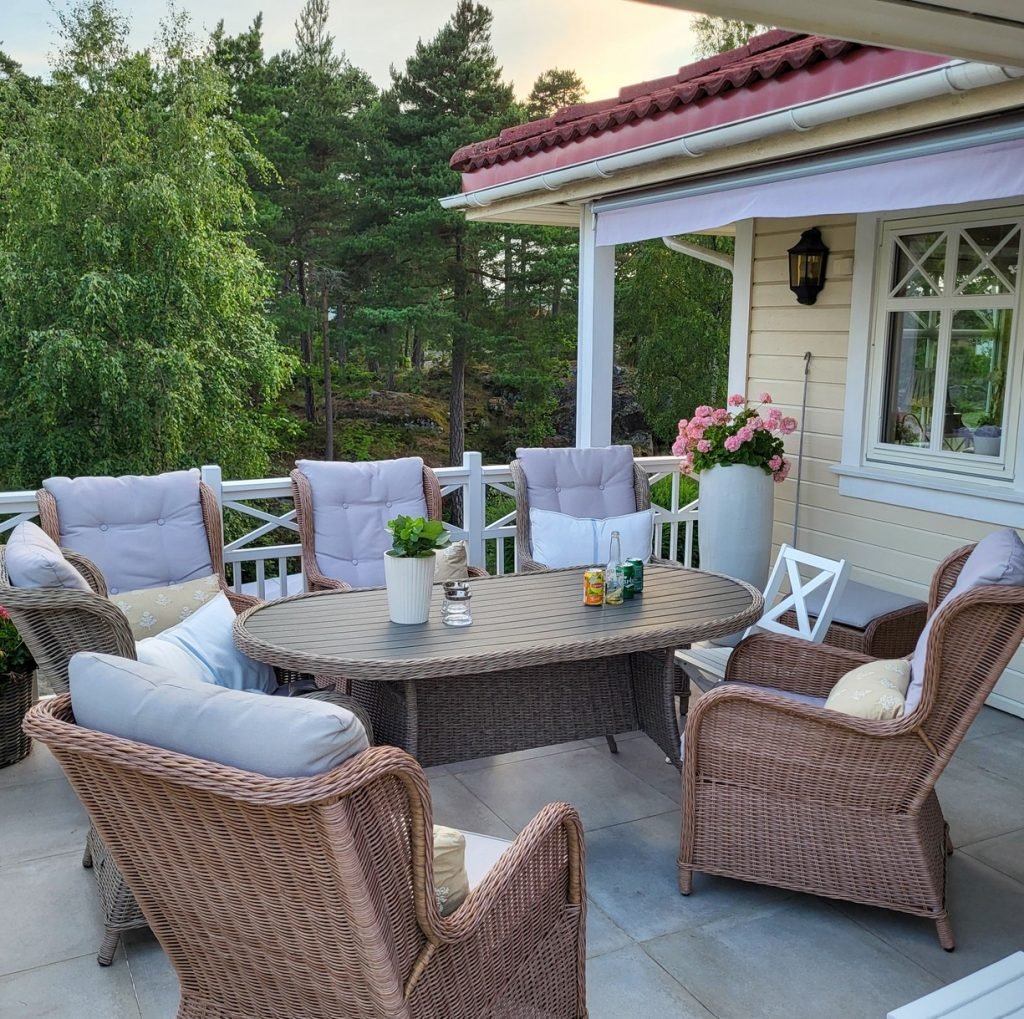
Think of Norway’s social norms as “quiet excellence.” You don’t ask for special treatment; you earn trust over time. You show up on time, prepared, dressed for the weather, and you do your share.
- Janteloven (The Law of Jante): an old literary idea that, in practice, means don’t brag, don’t grandstand—be good and be modest about it.
- Master among equals: People appreciate competence without ego. If you’re great, others will notice—eventually.
- Feedback style: If no one says anything, that’s usually good. Big praise or big scolding is rare; silence often means “carry on.”
Pro tip: your reputation arrives 10 minutes before you do—and in Norway, it tends to stick.
Three Fast-Track Ways to Belong (That Locals Actually Respect)
Join the Mountains (DNT)
Become a member of Den Norske Turistforening (DNT), the Trekking Association. You get access and discounts to 550+ cabins, marked trails, and a ready-made community of nature-lovers who socialize by walking uphill together. On hikes, never brag about summits; talk about weather, safety, route choices, and respect for nature.
Learn Norwegian (& Its Metaphors)
English will carry you, but Norwegian carries trust. Sprinkle in cultural touchstones—Janteloven, dugnad, children’s-law references like “Kardemomme by” (the “Cardamom city law” of being kind and considerate), or the proverb “Kong Salomo og Jørgen Hattemaker” (equality before norms). Locals will clock the effort instantly.
Say Yes to Dugnad
Dugnad is community work—cleaning a stairwell, painting fences, raking leaves, fixing a playground. It’s bonding + contribution rolled into one. Show up, work hard, be cheerful, then eat waffles. Dugnad is the secret portal into Norwegian society.
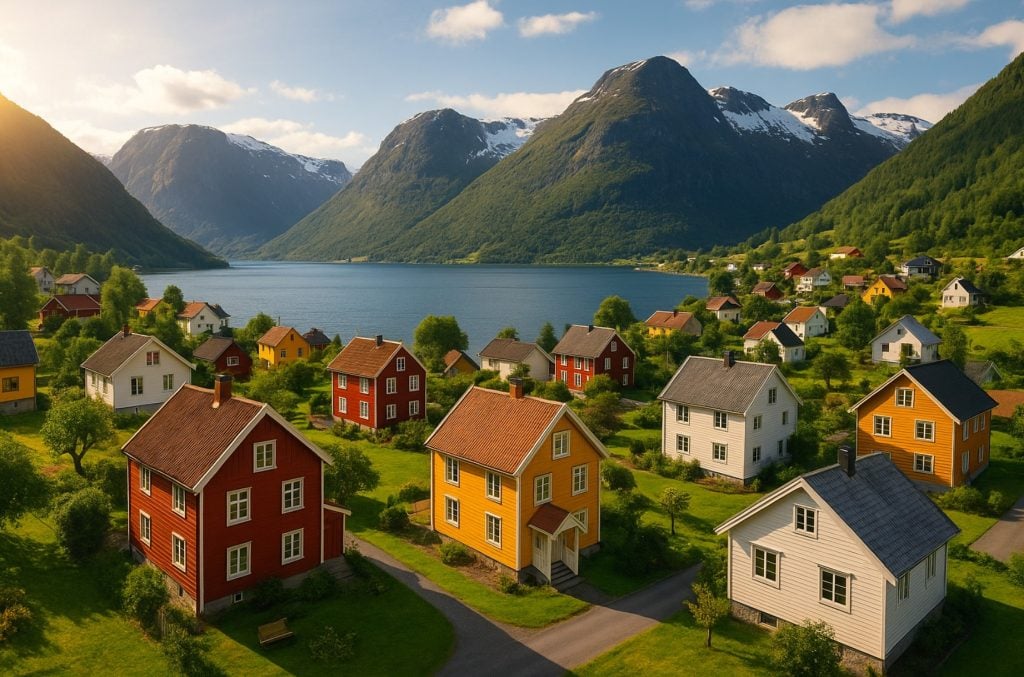
Work, Hours, and Time Off (Why Weekends Feel Longer)
- Working hours: By law, max 9 hours/day, 40/week; many workplaces agree to ~37.5 hours via contract or collective deals. Overtime rules are clear and compensated.
- Vacation: Minimum 25 working days (the law counts Saturdays), i.e., 4 weeks + 1 day; +1 extra week if you’re 60+. Many employers grant 5 weeks by agreement.
- Sick leave: You can use self-certified sick days (no doctor’s note) up to 3 days at a time, usually 4 times/year minimum; employers may extend this by agreement.
- Parental leave: Typically 49 weeks at 100% pay or 59 at 80%, shared between parents with reserved quotas for each. That’s one of the most generous schemes in the OECD.
The combo of predictable hours, real vacations, and family leave is a big reason everyday life feels “easy.”
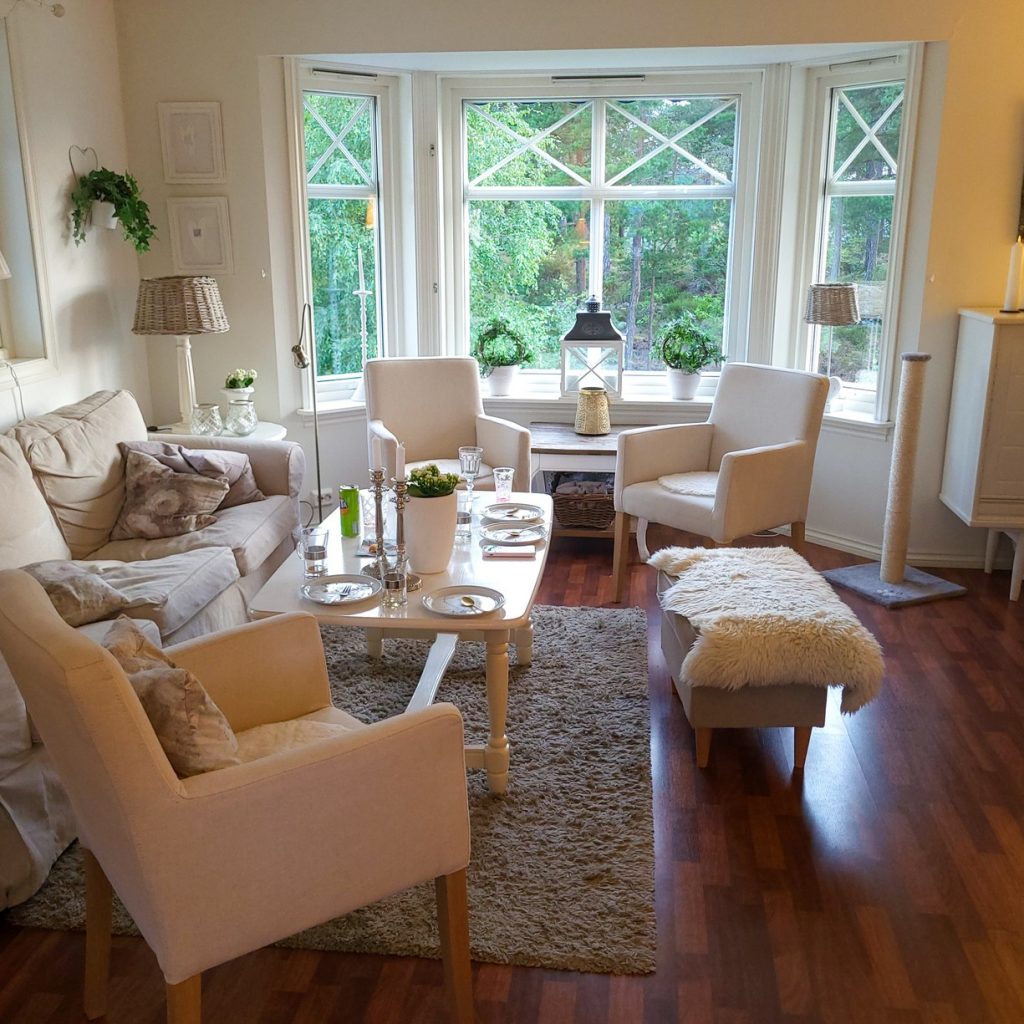
Healthcare: Very Affordable, Not Truly “Free”
Norway’s healthcare is universal and heavily subsidized. You pay co-pays for most GP/specialist visits until you hit the annual user-fee cap (“frikort”), after which covered services are essentially free for the rest of the year. Adult dental is more limited than many expect.
What this means for you: plan for some modest upfront costs, but catastrophic bills are extremely unlikely.
Education, Kindergarten & That “Cash-for-Care” Twist
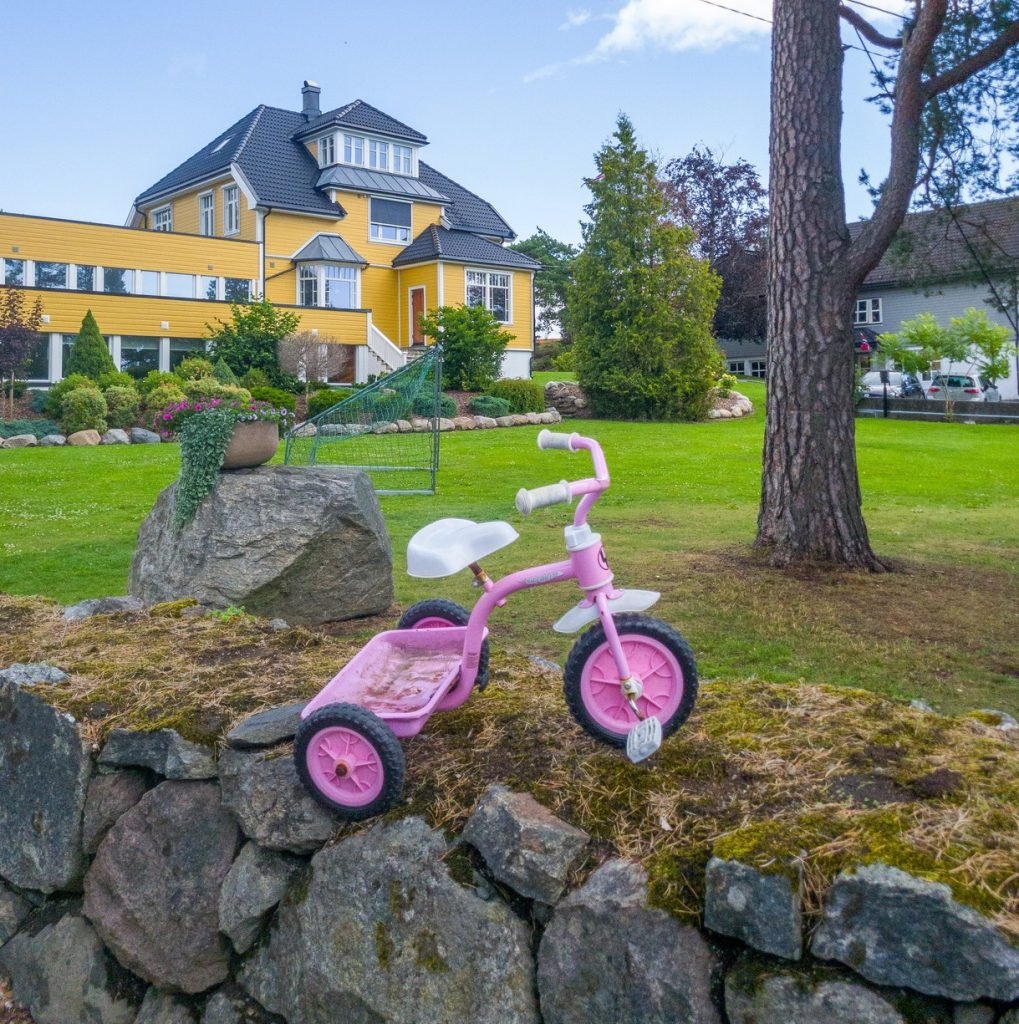
- Higher education: Tuition is still free for Norwegian and EU/EEA students at public universities; non-EU/EEA students generally pay since policy changes implemented from 2023/24.
- Kindergarten: Capacity is high, fees are subsidized, and early childhood education is widely used.
- Cash-for-care (kontantstøtte): If your toddler isn’t in kindergarten, the state offers a monthly allowance (policy details and amounts vary over time—check NAV).
(These policies change; always confirm the current year’s rules with official portals before deciding.)
Safety & Crime: Calm Streets, Sensible Caution
- By global standards, violent crime and homicides are low; Norwegians walk after dark in familiar areas without much worry, especially outside Oslo. Still, city smarts apply.
- Svalbard is different: outside settlements, polar bears are a real risk. Local authorities recommend firearms or armed guides, with permits and strict rules. Don’t improvise—book a professional tour.
Reputation, Transparency & English Fluency
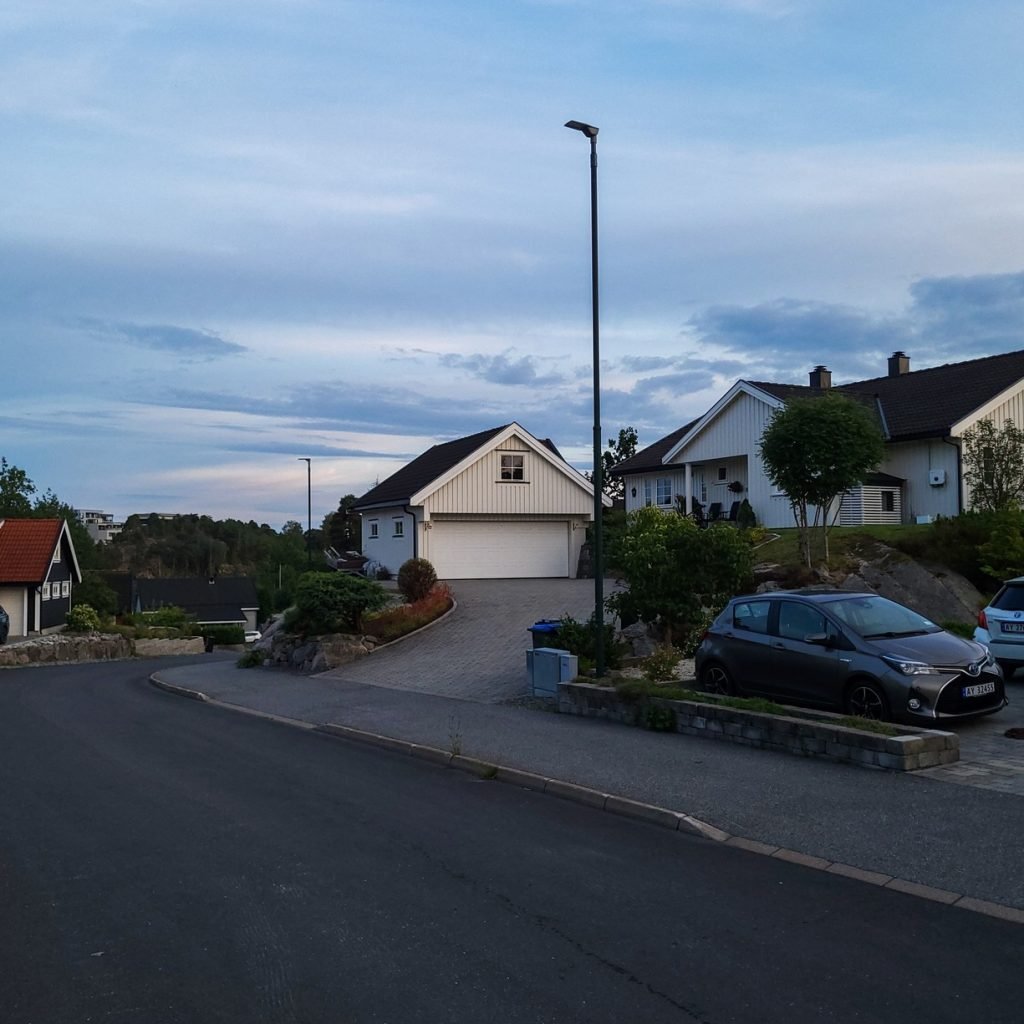
- Low corruption: Norway scores very well on Transparency International’s index (CPI 81/100 in 2024; 5th best), which helps explain smooth, predictable interactions with government.
- English: Ranked #2 globally on the EF English Proficiency Index (2024)—you can get by in English everywhere, though learning Norwegian still pays social dividends.
Cost of Living: Yes, It’s Pricey—Manageable with a Plan
Sticker shock tip: Norway doesn’t inflate prices to upset you; high wages, taxes funding services, and import costs explain a lot. But with home cooking, smart shopping, and public transit, you can keep costs sane.
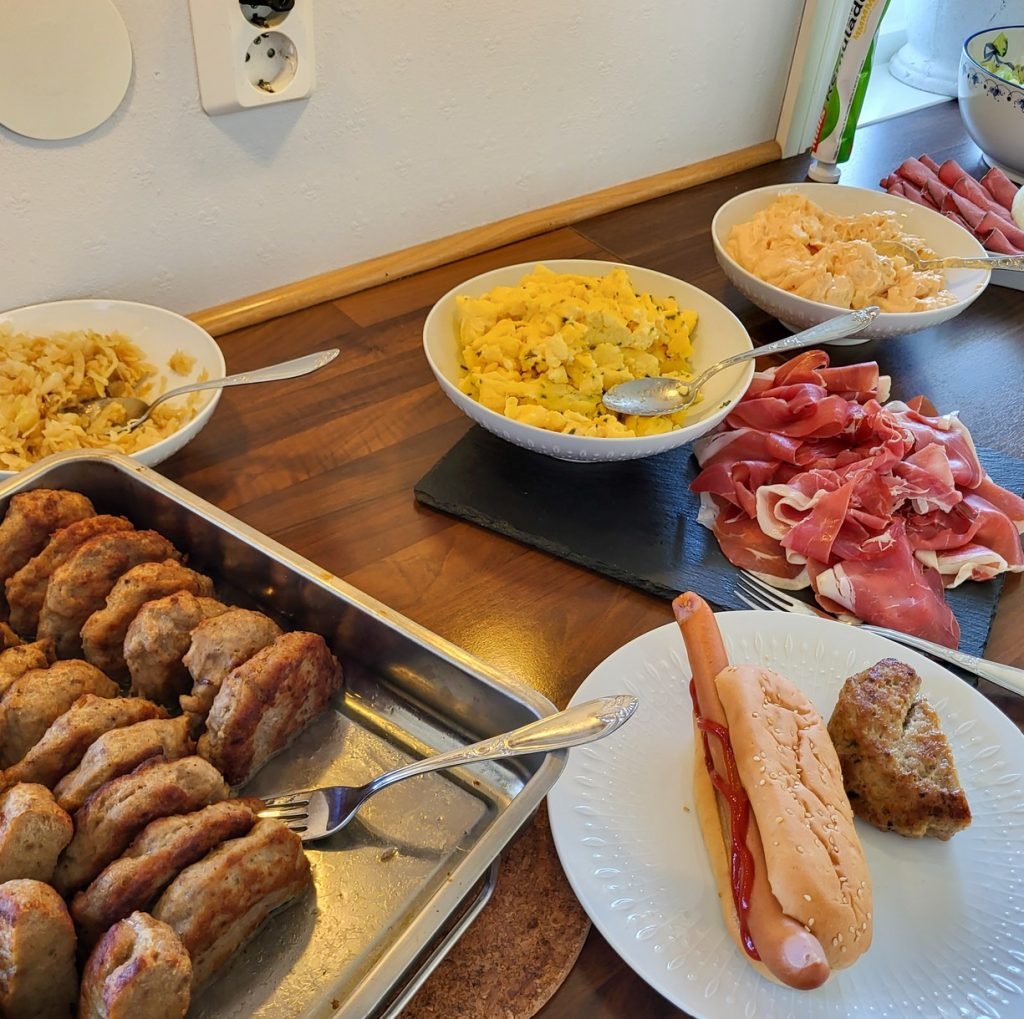
A Simple, Realistic Monthly Budget (Oslo, single adult, modest lifestyle)
| Category | Typical Range (USD) | Notes |
|---|---|---|
| Rent (studio/1-BR) | $1,200–$1,900 | Neighborhood & size matter; shared housing cheaper. |
| Utilities & internet | $120–$220 | Efficient insulation helps. |
| Groceries | $350–$500 | Cook at home; shop weekly. |
| Transit (monthly pass) | $70–$100 | Regional prices vary; discounts exist. |
| Phone | $25–$40 | Basic plan. |
| Leisure & sports | $80–$180 | Pools, gyms, skiing day-passes. |
| Eating out | $120–$250 | 2–4 modest meals out/month. |
| Miscellaneous | $100–$200 | Clothing, household. |
| Estimated total | $2,065–$3,390 | Before savings. High earners can save meaningfully. |
(Ranges are indicative; always check current local prices.)
Myth vs. Fact (Quick Reality Check)
| Claim | Fact |
|---|---|
| “Norway legally works 37.5 hours!” | False. Law sets max 40/week; many workplaces agree to ~37.5 via contracts/collective bargaining. |
| “Healthcare is free.” | Mostly subsidized. You pay co-pays until the annual cap (frikort); then covered services are free for the rest of the year. |
| “Everyone speaks perfect English, so no need to learn Norwegian.” | True-ish. English is excellent (#2 worldwide), but Norwegian opens social doors and deeper trust. |
| “Vacation is optional.” | Nope. Vacation rights are legal, and employers must ensure you can take them. |
| “Svalbard is a cute Arctic Disneyland.” | It’s wild. Polar bear safety rules are serious; don’t leave settlements unprepared. |
If you remember only one line, make it this:
In Norway, comfort is public, bragging is private, and the mountains are for everyone. Bring your boots and your best understated self—you’ll do just fine.
A 90-Day “Settle Smarter” Plan
Week 1–2: Paperwork & Anchors
- Get a bank account, ID, and digital access (BankID).
- Buy a good rain shell and wool base layers. This is not optional—this is survival in style.
Weeks 3–4: Your Social On-Ramp
- Join DNT, book a beginner hike, and attend a cabin weekend.
- Introduce yourself in the building chat or stairwell group; ask about the next dugnad.
Month 2: Language & Routines
- Start Norwegian classes; set a 15-minute daily habit.
- Pick one weekly sport (climbing gym, swimming, cross-country skiing when in season).
- Start a “nature log”: one new trail, island, or city park per week.
Month 3: Contribution & Confidence
- Host a waffle night for neighbors after the building dugnad.
- Share a skill at work (brown-bag session). Quietly excellent > loudly average.
- Practice the Norwegian feedback style: brief, specific, kind, and understated.
Do these consistently, and you’ll feel “inside” faster than you think.
When Life Is Hard (Because It Sometimes Is)
No welfare state can erase serious illness, disability, or personal crises. Norway offers structured support—disability benefits, sick pay, job-seekers assistance—but recovery still takes time and community. For undocumented workers, life can be precarious; rights and access are limited. In the far north, isolation and winter darkness can be emotionally challenging. Reaching out early—to a GP, counselor, or helpline—is considered strong, not weak.
Nature, Weather, and Why Everyone Owns a Thermos
- Weather: Four seasons, all of them non-negotiable. Summer can be gorgeous; winter can be magic with proper gear.
- Cabin culture (hytte): Weekends often mean cozy cabins, sauna, skis, board games, and waffles with brunost (brown cheese).
- Respect the wild: In mountains and on the coast, weather turns fast; pack layers, check forecasts, tell someone your plan. On Svalbard, hire guides.
If You’re a Foreigner: Your Cheat Sheet to Social Green Lights
- Arrive five minutes early. That’s on time.
- Under-promise, over-deliver. And don’t narrate your heroics.
- Bring cake on your birthday (or for the team).
- Say “ja, gjerne!” to dugnad and to Friday waffles.
- Compliment nature, not yourself. You’ll fit right in.
Bottom Line
Norway is one of the easiest places on Earth for the practical parts of life—housing that works, systems that function, rules that are clear, and a state that has your back. The challenge is social, not structural: earn trust quietly, show up for the community, and let nature humble you once in a while.
Do that, and the “invisible fences” turn into footpaths. The mountains stop being walls and become weekend plans.
References
- Norwegian Labour Inspection Authority. “Working hours.” (limits: 9/day, 40/week; many workplaces agree to 37.5).
- Norwegian Government (regjeringen.no). “Working Hours and Holidays in Norway.” (Law max 9/40; many workplaces agree to 37.5).
- L&E Global. “Employee benefits in Norway” (Holiday Act—25 working days; extra week for 60+; 5 weeks common by agreement).
- NAV. “Self-certification (egenmelding).” (Up to 3 days at a time, 4 times/year minimum; employers can extend).
- Tekna. “Parental leave in Norway—what you should know.” (49 weeks at 100% or 59 at 80%).
- OECD (2025). “Exploring Norway’s family policy trends.” (International context for parental benefits).
- Helsenorge / WHO & official portals on user-fee caps (frikort) and patient charges (annual out-of-pocket ceiling).
- Transparency International. “Corruption Perceptions Index 2024.” (Norway 81/100, rank 5).
- EF English Proficiency Index 2024. (Norway #2 worldwide).
- UNODC/WHO/SSB materials on Norway’s homicide rates and international comparisons (low by global standards).
- Governor of Svalbard. “Firearms” & field safety guidance (polar bear precautions).
- Norwegian Trekking Association (DNT) & Visit Norway. (More than 550 cabins nationwide; membership benefits).
- Simon, C. (2019). “Dugnad: A Fact and a Narrative of Norwegian Prosocial Behavior.” International Journal of Sociology. (Dugnad as social glue).
- Sandemose, A. (1933). A Fugitive Crosses His Tracks; modern summaries of Janteloven (unwritten egalitarian norm).
(The references above draw on official and scholarly sources, including arbeidstilsynet.no, regjeringen.no, lovdata.no, nav.no, oecd.org, helsenorge.no, transparency.org, ef.edu/epi, unodc/who/ssb portals, sysselmesteren.no, dnt.no, visitnorway.com, and peer-reviewed literature.)
Source Notes (for the curious)
Key factual statements in the article are supported by:
